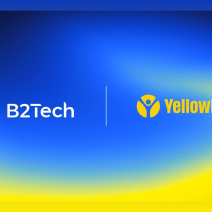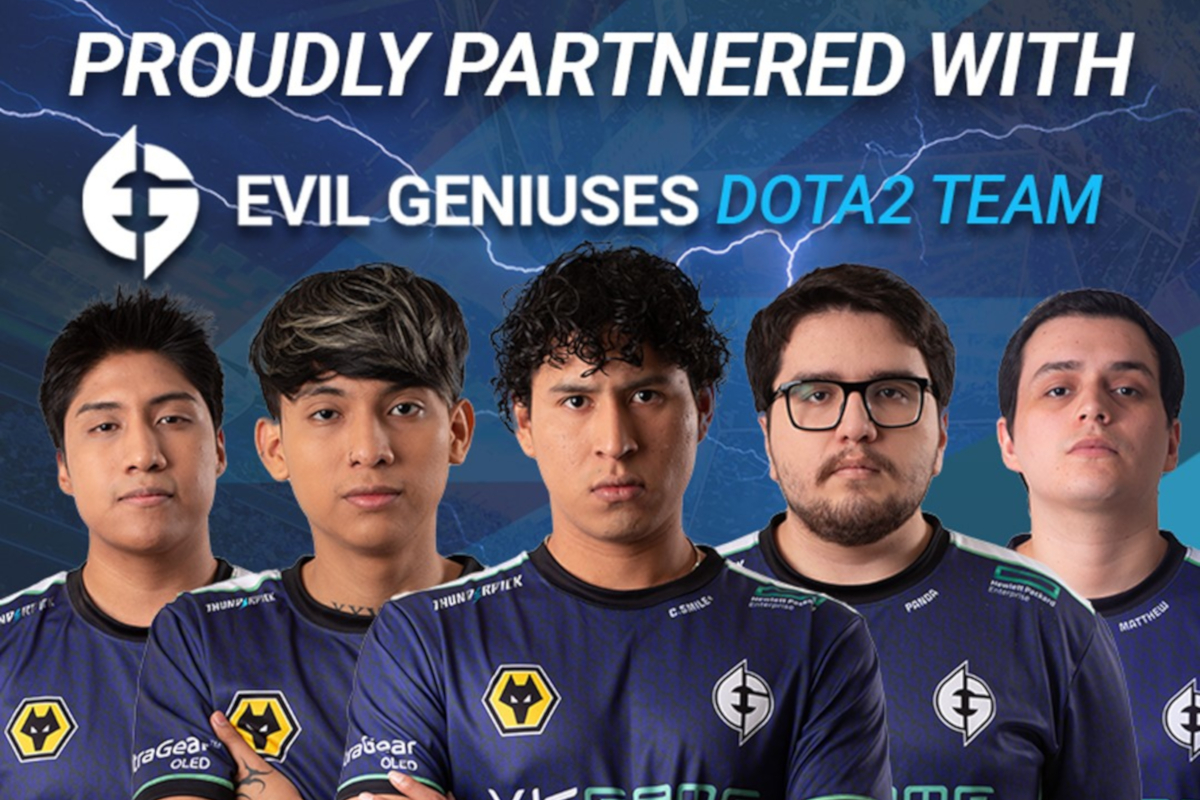
Is there an issue with AI?
AI is here and it’s here to stay. In this roundtable, we hear from three industry experts who believe that AI has tremendous potential but that it needs to be kept on a pretty short leash to ensure players are properly protected
It’s important to make one thing clear. Artificial intelligence is not a technology of the future, it’s a technology of the now. It’s already being used by businesses across the sector, from operators and suppliers to affiliates and other stakeholders.
It is a powerful technology capable of great things. It can think and act faster than humans, streamline processes and save time and costs. The scope for its use is tremendous, from game development to mapping user journeys and monitoring player behaviour.
But there are downsides to AI, with a real fear among some that the machines are taking over – quite literally in some cases by replacing humans in certain roles. Then there is the control we have over AI, and whether its capabilities are outpacing our ability to keep stay on top of it.
So how are organisations across the sector currently using AI?
Raphael Di Guisto, Founder of Silverback Gaming, says the studio is using AI to turbocharge game development, especially in a creative capacity, while ensuring the quality of its slots remains at the incredibly high standard it has built its reputation on.
“We have been using generative AI for quite some time now to bring new ideas and concepts to the table and to unlock efficiencies across the development process.
“Generative AI is a branch of artificial intelligence that uses machine learning to generate original content – it doesn’t copy or rehash existing ideas and that’s what makes it so great for a studio like Silverback.
“It does everything from text to images and even music and sound. The AI essentially learns from a given data set and then uses this knowledge to create new concepts, themes, sound effects game rules and more.”
It seems that AI combined with machine learning is where the most value can be found.
Golden Whale is a data-driven technology service provider that allows organisations to optimise the performance of products via deep analysis of data feeds including machine learning. Founder Eberhard Dürrschmid says this combination maximises the potential of AI.
“The use of machine learning methods can enhance the online casino or sportsbook experience substantially by personalising the product, improving the gameplay and even introducing game features and mechanics that would simply not be possible without them.”
It can also play a role in customer acquisition and retention, as Allan Petrilli from Intelitics explains: “Intelitics is an user acquisition tracking and BI platform for operator affiliate programs; we are using AI to build some of our predictive lifetime value functionality and features across the platform.
“This is a highly valuable tool for operators and their affiliate partners, and it simply wouldn’t be possible without AI.”
While it’s clear that AI presents upsides and opportunities for operators and suppliers, there are some potential downsides that need to be considered. Responsible gambling and player protection are the number one priority, and AI can sit a little uncomfortably within that framework.
Sure, it can be used to monitor players and flag potential problem play before a player ultimately develops an issue, but when used in other areas of the sector, and especially if not kept in check, AI has the ability to make online gambling even more compelling.
This is why Di Guisto believes it’s important to proceed “with a little caution”.
“There are also a lot of legal implications around the use of AI, especially in terms of the data that models are being trained on and potential IP infringement there. In terms of game design and player protection, there needs to be robust controls in place with any game designed with or using AI.
“This means subjecting it to the same stringent testing as when developing a game without AI. In short, anything that has the potential to make the game addictive must be mitigated.”
Di Guisto also says that while the capabilities of AI are impressive, they must be deployed in a way that adds meaningful value. He uses the examples of recommendation engines, VIP detection and churn prediction as areas where AI can be used, but that present challenges.
“Recommendation engines powered by AI are tricky. They don’t work in the same way as say Netflix and matching viewers with movies and documentaries – online casino recommendations require an entirely different algorithm.
“There can be issues with VIP detection, too. In terms of raw data, a problem gambler and a VIP can look very similar on paper. AI must be able to spot the difference between the two, and in most cases, it can’t.
“When it comes to churn prediction, it’s interesting to know when someone is about to leave an online casino or sportsbook, but what the AI does with that information often means walking a very fine legal and ethical line.”
Using AI in a meaningful way is something Petrilli has concerns about, too. AI is on trend right now and businesses across the sector are rushing to adopt it. But there’s no point in embracing a new technology if it doesn’t improve a product or process.
“Companies are rushing to integrate and roll out AI, and this will absolutely lead to problems especially when it comes to front-end user experiences. If the AI is not ready, personalisation will not work properly and there will be hiccups when it comes to the user experience.
“That’s why it’s vital for companies to adopt AI in a way that is relevant to what they are building and not just because it’s a cool thing that everyone wants to be able to say they are working with right now. It needs to be used properly.
“At Intelitics, we have focused specifically on AI functions that improve decision-making when it comes to the campaigns that our partners run. In this instance, AI allows us to make decisions faster via data sets that are incredibly relevant and useful. This ensures we are not jumping to conclusions.
“For me, the speed at which the sector is embracing AI is concerning and I’d be shocked if we don’t see some major issues start to emerge in the coming months.”
Di Guisto touched on this earlier, but one of the greatest issues that surrounds AI is just how ethical the technology is and how it aligns with the industry’s focus on responsible and safe gambling.
Petrilli says that AI is essentially a tool and that how we use it and the oversight that is put in place is what’s important, especially when it comes to ethics.
“We need to make sure that AI is not running wild and that the decisions being made align with internal processes, protocols and wider responsible practices. Ultimately, we need to avoid the situation where AI is blamed for issues that arise in the future where proper oversight would have prevented them from occurring.
“My concern here is that companies will point the blame at AI to save face and that’s why there needs to be processes and oversight in place to ensure that we as a wider industry do not end up at that point.
“Specifically on the user acquisition side, it comes down to creativity and how we use AI to put together messaging and ads. In this regard, we need to make sure that we are utilising the technology to promote brands and bonuses to the right audience and in a responsible way.”
Di Guisto has similar concerns, especially when it comes to problem gamblers where he believes there are “potentially huge ethical issues” that could arise.
“We can’t simply let AI loose and there needs to be human oversight certainly when it comes to problem gambling. When AI is used, the outcomes of its use need to be carefully monitored by a human.
“AI has become incredibly effective at pattern analysis, but what we need to be mindful of is what happens as a result of that analysis. So, what happens when AI identifies a VIP player? For me, that’s why the human element is so important and ultimately the human decides what happens with the data, information or insight provided by AI.”
And what about the end user, the consumer? Do players really want to be engaging with artificial intelligence? Do they want to be subject to its capabilities without even realising it is being deployed by an online casino or sportsbook?
Dürrschmid believes these issues can be partly mitigated through transparency.
“For me, the most important thing is transparency. As long as we tell the consumer, in a very clear and concise way, that they are interacting or communicating with AI and machine learning methods, the consumer can then make a choice whether to continue or not. Those who do continue are obviously happy to be engaging with an AI-powered product.
“At Golden Whale, we are only working with data that is generated from inside game systems that we think are safe from inherited biases – for the time being, at least. That is why models must be monitored if they are to be trained on data sets that are not completely supervised at all times.”
For Petrilli, this transparency must be applied to the entire industry. He raises concerns about organisations opting to use AI in ways that are not “kosher” and this ultimately causing damage to the majority of organisations that use it to improve player experiences.
“This probably will happen at some point,” he says, “but the more transparent we are about how we use it the more we will be able to protect ourselves.”
This begs the question of where to draw the line with AI usage and what that limit might actually look like.
“I think the red line is reached when you have machine-run systems that are claiming to be human,” Dürrschmid says.
“Again, this is largely a transparency issue but even with that said, we will have to keep an eye on the rapid progress being made with AI so that we can immediately identify cases where the consumer is being misled or overwhelmed by the technology to ensure a safe and responsible gaming environment at all times.”
For Di Guisto, a big concern is AI-powered models being used to train AI data.
“This loop can be a slippery slope and the more content that is generated by AI, the tighter that loop is going to get. What’s more, when it comes to legal and ethics, there’s still a lot that we don’t understand and that’s why it’s so important to ensure there are checks and balances in place so that we don’t cross that line.”
This is why Petrilli believes that AI needs to remain a tool – “it can’t overtake what we all do as a business and we have to be able to utilize it in a way that supports what we are doing while remembering that it’s just a part of the process, not the entire process,” he says.
“So long as we continue to use it in that way, and to use it properly, we can avoid stepping onto the slippery slope. We also need to show that we are using AI as a force for good. This will ensure buy-in from regulators and, perhaps more importantly, from end users too.”
If this round table were to have happened 12 months ago, the discussion would likely have been different. There was a buzz around the technology, an excitement regarding its seemingly limitless potential. But the mood has changed somewhat.
This is something that all participants touched on during this discussion, but Petrilli sums it up perfectly.
“Everyone now worries about AI whereas a year ago, it was all about the upsides. But now the focus is on the downsides and the threat it poses. We need to be sitting somewhere in the middle of this. We need to identify the opportunities AI presents and then use this powerful tool to drive improvements and efficiencies.
“Of course, this needs to be done in a way that is responsible and that ensures players are properly protected at all times.”











